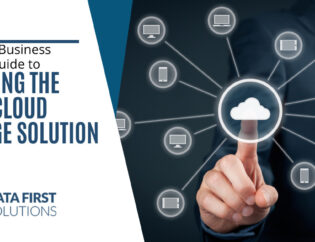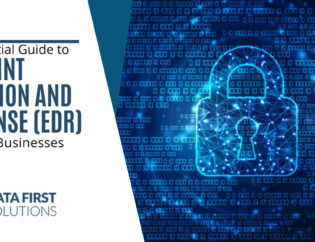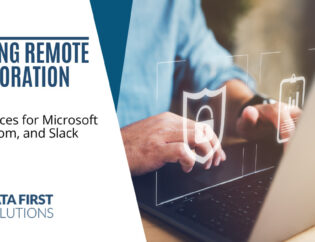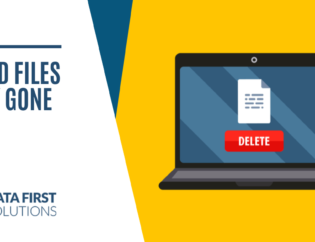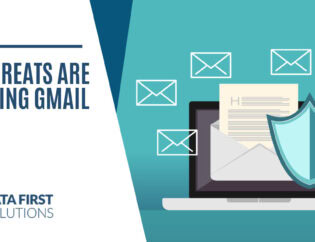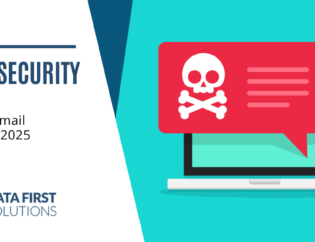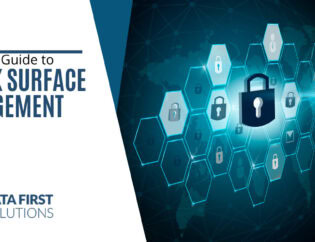
There are a lot of free tools and apps on the internet that entice users. Some of them are legitimate, like Zoom, and give you a free option to get you in the door, only to entice you to add more features with a paid subscription.
But others aren’t so innocent and can be a trap for stealing data, planting adware, or worse.
Even way back in 2012 (which seems like ancient history in internet years), the term “If you’re not paying for it, you are the product” was being introduced to warn users about free apps, sites, and other tools they find online.
Free programs that employees download have long been the bane of IT departments and cybersecurity efforts. People immediately think they’re getting a great deal and saving money, when in fact they can be costing their company much more in security vulnerabilities.
One of the most popular free tools people have been downloading since the pandemic began is a virtual private network (VPN). With the global move to remote teams during COVID, VPN’s become a hot commodity to secure all those communications being transmitted through home networks.
VPN use in Canada tripled in 2020.
But this also gave hackers and other internet scammers a prime way to target new victims, by offering them a free VPN.
Why You Should Be Wary of Free VPNs (antivirus, PC cleaners, and other free tools)
To understand how free VPNs can be dangerous, it helps to understand the basics of how a VPN works.
It funnels your internet connection away from your ISP’s server to its own VPN server(s). It encrypts your connection, and your internet footprint now has the IP address of the VPN server instead of your own.
Legitimate VPNs are very helpful at securing remote and mobile teams, but those that aren’t legitimate can basically access all data you transmit and receive through the internet.
Here are some of the reasons to be suspect of free VPNs and other free apps you find online.
Unprotected Logs of User Activity
Many VPNS will say they don’t store any log of your user activity, but it’s been found that some free ones were doing it anyhow. And worse, those logs weren’t properly protected from hackers.
According to Tech Crunch, a VPN called UFO VPN said that it did not log user activity, but it was found that the company wasn’t honest about that. It was logging every website users visited. This database was left completely exposed to hackers without even basic password protection.
Adware Injection
Another common problem with free VPNs and many other free tools is that they are full of adware. They will inject ads on sites you visit, and some will pop up ads on your device.
While adware is one of the least destructive types of malware, it’s still incredibly annoying. And adware is increasingly being used as a trojan for more dangerous forms of malware like spyware.
Apps That Are Malware Trojans
It’s especially dangerous in the mobile app world but also happens with desktop apps, where a free app is just a trojan for malware of all types. The app will appear to work as it should, so often the user is unaware.
These can include banking trojans that are designed to seek out online banking credentials and spyware that records keystrokes without you even knowing it.
Unless you use a cloud access security broker or other program that is designed to scan for problems with an application, you are often taking a chance that any free app you download could be malware in disguise.
Code Vulnerabilities That Leave You Susceptible to a Breach
Free software does not usually have the same attention to security and ongoing patch updates as a paid software. This is because users are getting it for free, so developers often take a “they get what they pay for” stance.
Even if a free VPN or other tool doesn’t have malware itself, it can be riddled with bugs and code vulnerabilities that hackers can exploit to breach your network. You may or may not get a patch update to fix the problem.
In some cases, these free platforms will urge you to upgrade to their paid version to avoid potential vulnerabilities. So, they actually have an incentive not to repair these bugs and code weaknesses in a free version.
You Have Little Support or Recourse If Something Goes Wrong
Some companies that offer free VPNs and other free tools provide zero customer support. They point you to an FAQ page if you have any issues.
And if something goes wrong or you find that a free app was filled with adware, you have little recourse, because you didn’t pay the company anything to use the app.
Get the Guidance You Need to Choose Your VPN Wisely
Data First Solutions can help your company avoid making mistakes with free applications. We can guide you to secure and reliable VPNs and other software that will benefit your business without causing security issues.
Contact us today to book a free assessment. Call 416-412-0576 or book your assessment online.


